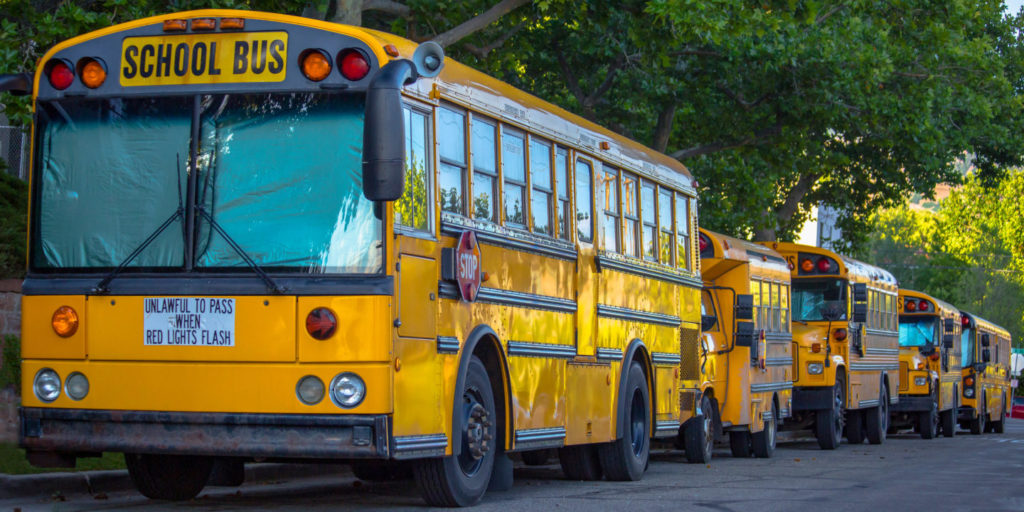Some question North Carolina’s plan to use $30M from Volkswagen settlement to buy electric school buses
(The Center Square) — Gov. Roy Cooper is touting $30 million to fund “clean” school bus replacements, including dozens of electric buses, though some question the spending.
The North Carolina…

(The Center Square) — Gov. Roy Cooper is touting $30 million to fund “clean” school bus replacements, including dozens of electric buses, though some question the spending.
The North Carolina Department of Environmental Quality will distribute $30.1 million from the N.C. Volkswagen Settlement Program to fund 161 new school buses across the state. The majority of the funding — $16.5 million — will go to buy 43 all-electric school buses and charging equipment, Cooper announced Monday.
“Today is a good day for the health and pocketbooks of North Carolinians as we continue on our path to clean transportation,” Cooper said. “Transitioning to cleaner school buses reduces greenhouse gas emissions, lowers costs to our schools, creates great manufacturing jobs and reduces pollution to our poor communities.”
Bob Luebke, senior fellow at the John Locke Foundation’s Center for Effective Education, questioned the school bus spending at a time when schools are struggling with more pressing issues.
“Thirty-million on ‘clean’ school buses seems like misplaced priorities when many districts are having problems finding enough people to even drive them,” Luebke said.
The zero-emission and low-emission buses will replace diesel buses, some decades old. Cooper contends nitrogen oxide and particulate matter emissions from the older buses are 20 times higher than the more modern replacements. State officials believe the new buses will reduce emissions of nitrogen oxides by 126 tons over their lifetimes. Nitrogen oxides are linked to aggravated asthma and breathing issues, while small particles are linked to heart and lung issues, according to a Cooper statement.
“Switching to new low- and zero-emission school buses has immediate public health benefits for the children who ride them and improves air quality in our communities,” said DEQ Secretary Elizabeth S. Biser.
The state received a total of 42 applications seeking more than $58 million in funding for more than 330 clean school buses through the N.C. Volkswagen Settlement School Bus Program, the largest grant program in Phase 2 of the state’s share of a national settlement with the automaker.
Those that ultimately received grants include public schools, charter schools and a tribal school in 84 counties, with 130 buses replaced in rural counties. Eighty of those buses were awarded to schools in 37 historically under-resourced counties the Department of Environmental Quality prioritized in the application process.
Officials plan to destroy the old buses as they are replaced, “ensuring they no longer pollute the air in communities near schools,” according to the Cooper release.
Other spending from the Volkswagen settlement include installation of 103 electric vehicle charging ports at 25 sites including state parks, museums, aquariums, government office buildings and universities, and community colleges. Legislation introduced last legislative session would require the state to offer free gas and diesel at state sites with free electric vehicle charging, though the bill did not gain approval.



